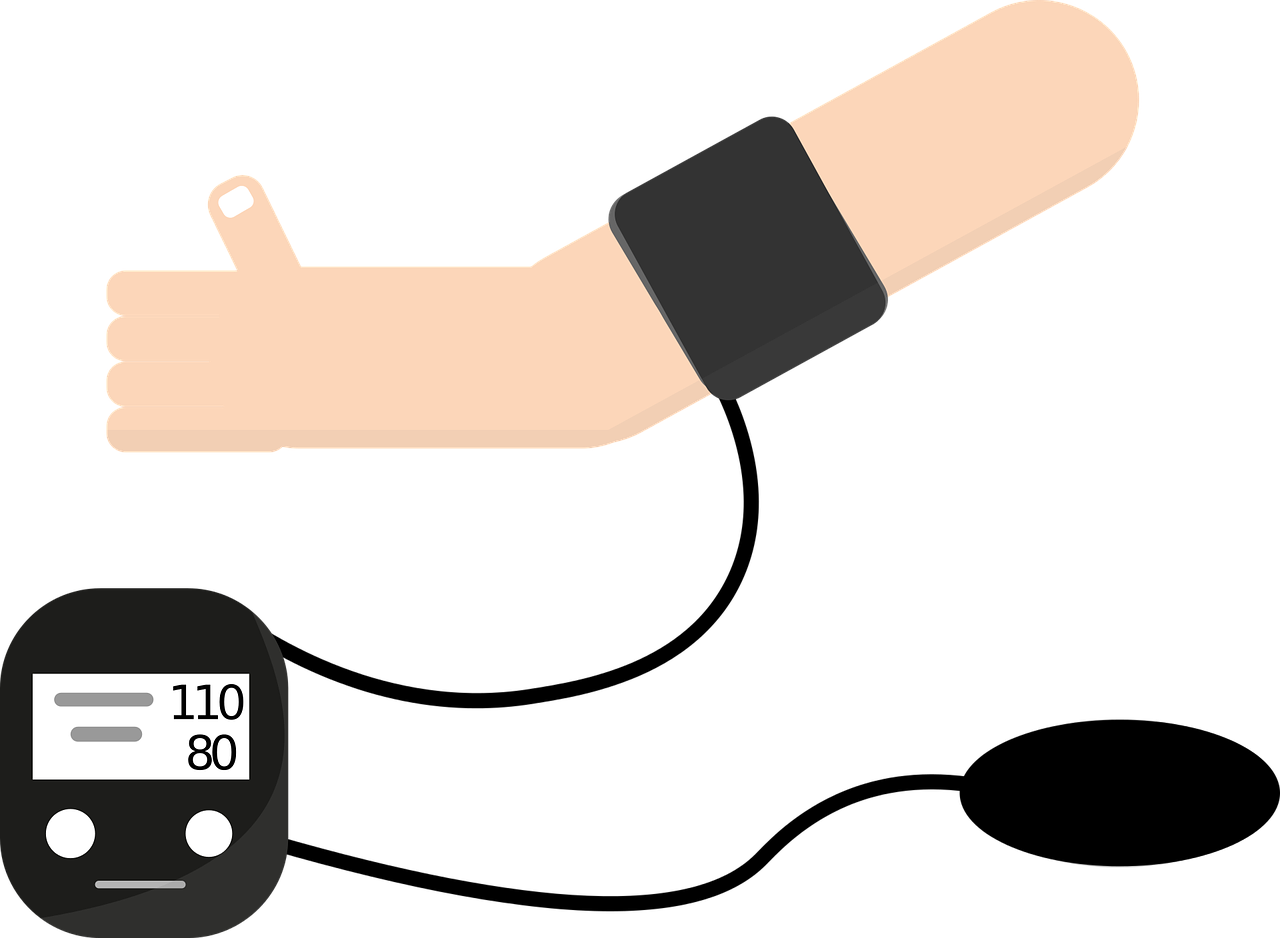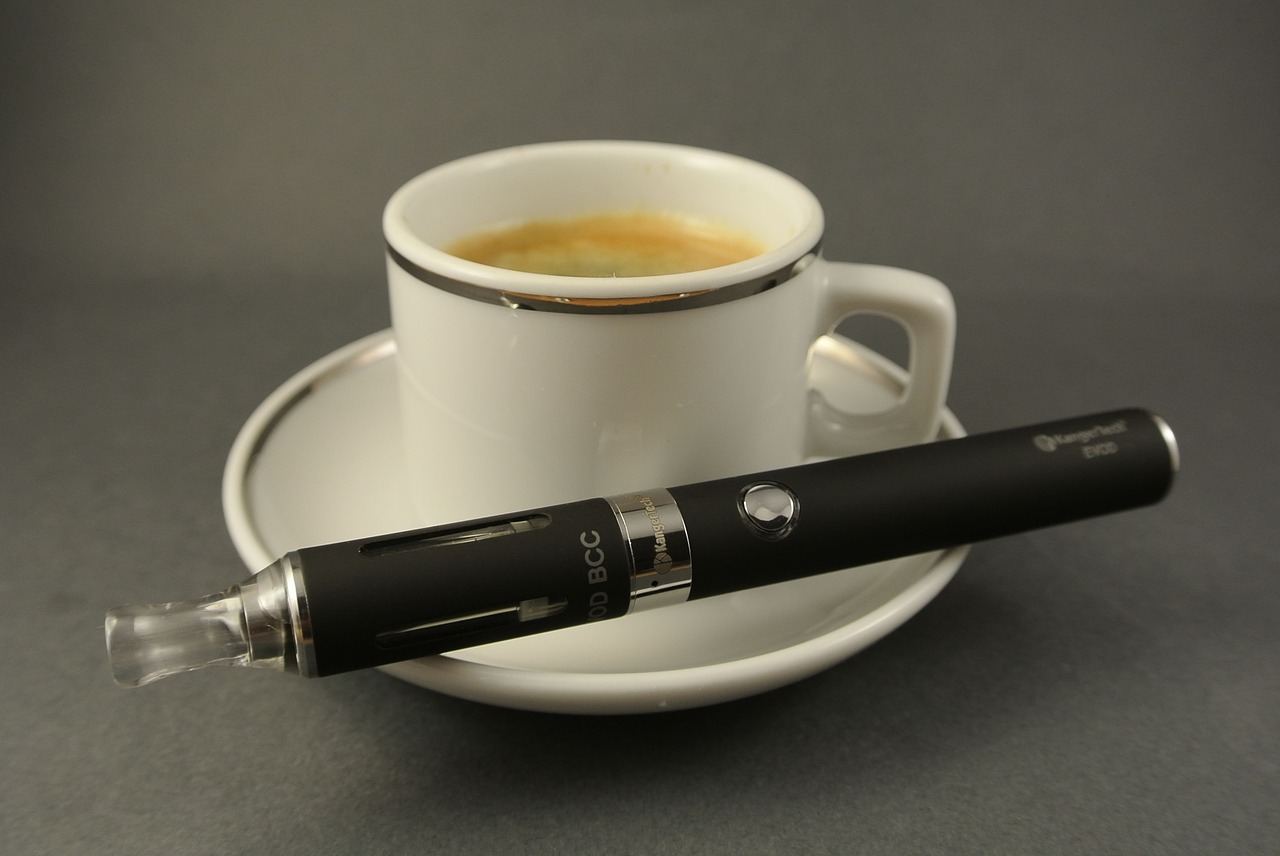In May 2019 researchers from Singapore published the results of their review of the medical scientific literature to assess the effects of fortifying staple foods (sugar, edible oils, edible fats, … Read more
Iodine fortification of foods other than salt to prevent iodine deficiency disorders is uncertain although iodine levels are seen to significantly increase
In February 2019 researchers from Australia published their review of the medical scientific literature to assess the effect of fortifying foods, beverages, condiments, or seasonings with iodine alone or in … Read more
Mexican women with vitamin D deficiency appear to have a higher incidence of cardiovascular risk factors
In May 2019 researchers from Mexico published the results of their study to assess whether cardiovascular risk factors and heart attacks are associated with vitamin D deficiency in Mexican women … Read more
Taking all blood pressure tablets at bedtime gives better blood pressure control, improves blood pressure levels whilst asleep and reduces the risk of cardiovascular disease
In October 2019 researchers from Spain assessed whether taking blood pressure tablets at bedtime was better at reducing risk of cardiovascular disease than being taken on awakening. A total of … Read more
Time spent outdoors appears to help protect against near/short sightedness
In August 2019 researchers from China published the results of their review of the medical scientific literature to assess whether spending time outdoors helps protect against near/short sightedness. A total … Read more
Outdoor activities and daylight appear to have a protective effect against progression of near/short sightedness and younger children with significant near/short sightedness should be monitored closely, especially those around 6 years old with parents who are near/short sighted
In January 2019 researchers from Spain and Brazil published the results of their study to assess potential risk factors for the progression of near/short sightedness. A total of 82 children, … Read more
Light levels outdoors are above the brightness level required to prevent near/short sightedness, even with adequate sun protection measures in the form of sunglasses, wearing a hat or being in the shade
In July 2019 researchers from Singapore and Malaysia published the results of their study to assess the impact of shade, hat and sunglasses on the risk of near/short sightedness. It … Read more
Individuals who use mobile phones extensively appear to experience headaches slightly more frequently – but not if Global System for Mobile Telecommunications technology is being used
In July 2019 researchers from Finland, Sweden, UK, France, The Netherlands and Denmark published the results of their study to assess the association between amount of mobile phone use and … Read more
Researchers call for governments, public health authorities and healthcare professionals to warn the population that having a mobile phone next to their body is harmful and to support measures to reduce all exposures to radiofrequency electromagnetic radiation
In August 2019 researchers from Canada, USA, Sweden and Australia published their review on the risks to health and well-being from radiofrequency electromagnetic radiation from mobile phones and other wireless … Read more
Radiofrequency electromagnetic radiation, such as that produced by mobile phone technology, may have an adverse effect on behaviour
In August 2019 researchers from the United Arab Emirates, Saudi Arabia, Finland and India published their review on the effects of radiofrequency electromagnetic radiation on the brain and behaviour. The … Read more
Radiofrequency electromagnetic radiation, from sources such as mobile phones and base stations, has been classified by the International Agency for Research on Cancer as a possible human carcinogen despite study results not being consistent
In March 2019 researchers from Poland published their review on the mobile phone radiation and its effect on health. The researchers stated that exposure to radiofrequency electromagnetic radiation, from sources … Read more
A 30-minute exposure to mobile phone radiation appears to have a significant effect on cognition, especially in individuals with epilepsy
In March 2019 researchers from Egypt published the results of their study to assess the effect of mobile phone radiation on cognition in individuals with epilepsy. A total of 30 … Read more
Depending on the breathing rate, mobile phone use may affect heart rate variability
In October 2018 researchers from Hungary published the results of their study to assess heart rate during short-term 1,800MHz GSM mobile phone exposure. A total of 20 healthy individuals were … Read more
Interrupted sleep, caused by overnight smartphone use, appears to lead to a higher body mass index
In October 2018 researchers from Denmark published the results of their study to assess whether there was any association between overnight smartphone use and associated interrupted sleep with mental and … Read more
Secondhand exposure to e-cigarettes may make asthma symptoms worse
In January 2019 researchers from the USA published the results of their study to assess the association between secondhand e-cigarette exposure and an increase in asthma symptoms in adolescents with … Read more
A Task Force from the European Respiratory Society have stated that currently there is no evidence that e-cigarettes are safer than tobacco in the long term
In January 2019 a task force from the European Respiratory Society, comprising of researchers from Germany, UK, Italy, USA, The Netherlands, Spain, Greece and Sweden, published their report on the … Read more
E-cigarettes may potentially be more addictive than smoking cigarettes
In June 2019 researchers from Poland and Canada published the results of their study to assess patterns of e-cigarette usage and to compare nicotine dependence amongst traditional cigarette and e-cigarette … Read more
There is emerging evidence that even nicotine-free e-cigarette usage during pregnancy may harm the developing foetus
In August 2019 researchers from the USA published their review of the use of e-cigarettes during pregnancy. They stated that maternal smoking during pregnancy is a major public health concern … Read more
Breastfeeding mothers need access to relevant and reliable information about e-cigarettes
In August 2019 researchers from the UK published their study to assess the current attitudes, motivations and barriers to post-partum e-cigarette usage, particularly in breastfeeding mothers. Many women return to … Read more
There is evidence that using e-cigarettes can cause chronic lung disease and cardiovascular disease as well as leading to a 3-fold increase in the risk of smoking combustible cigarettes in the future
In August 2019 researchers from the UK and Australia published their review of the medical and scientific literature to assess the safety and effectiveness of e-cigarettes as a means of … Read more




















